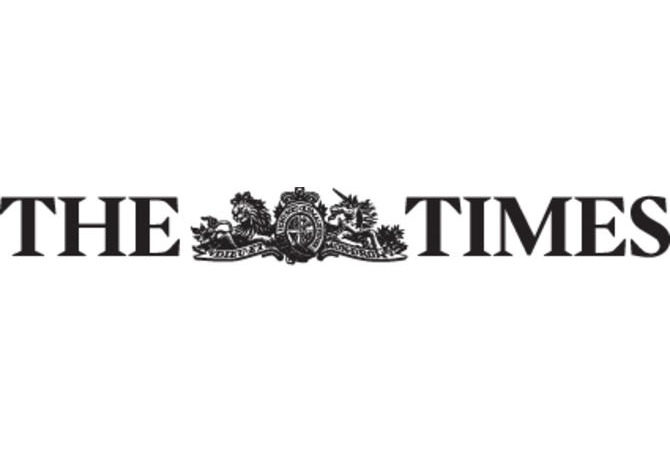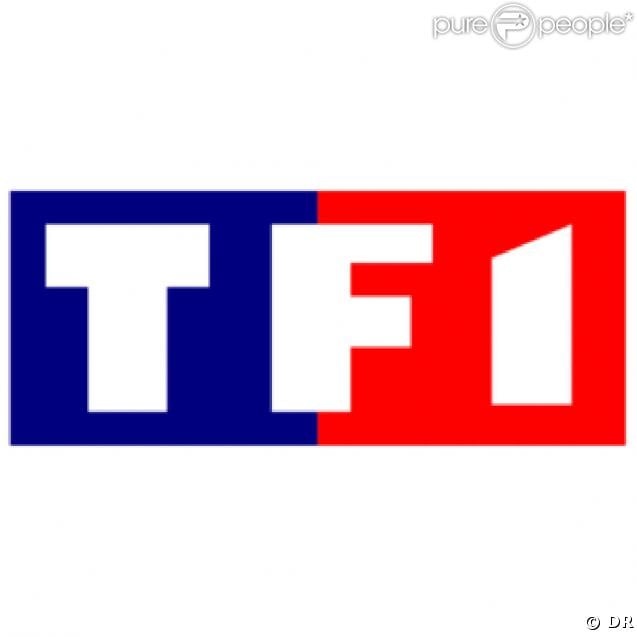By Ernesto Londoño and Leila Fadel, Updated: Monday, June 18, 4:16 PM
CAIRO — Both Egyptian presidential candidates claimed victory Monday, even though ballots were still being tallied and the extent of the victor’s power remained unclear after a bold assertion of control by Egypt’s military generals.
At an early morning news conference, Muslim Brotherhood candidate Mohamed Morsi declared himself the winner and promised to save and serve Egypt. But former prime minister Ahmed Shafiq’s campaign also claimed victory, with 53 percent of the vote. Final results are not expected until Thursday.
On Sunday, the country’s military leaders issued a constitutional decree that gave the armed forces sweeping powers and downgraded the presidency to a subservient role. The seizure of power followed months in which Egypt’s ruling generals had promised to cede authority to a new civilian government by the end of June. Activists and political analysts charged that the generals’ move instead marked the start of a military dictatorship, a sharp reversal from the promise of Egypt’s popular revolt last year.
The generals sought to play down the scope of the decree during a news conference Monday. Maj. Gen. Mohamed el-Assar said the military chiefs would hold a grand ceremony before the end of the month to hand over the reins of power to the new president.
“The elected president will receive all the authorized powers of the president of the republic,” Assar said.
Although the generals are widely assumed to have tacitly backed the constitutional court ruling that triggered last week’s decision to dissolve parliament, Assar expressed regret over the move, saying that overseeing the national elections had been the military council’s biggest achievement.
“We were not happy with the dissolution of parliament,” Assar said. “But no one can comment on the rulings of the supreme Egyptian judiciary.”
Just after dawn on Monday, Morsi supporters trickled into Tahrir Square to celebrate the conservative Islamist’s purported victory. Brotherhood predictions of election results have proven accurate in the past, and Morsi was ahead in the polls with 51.6 percent of the vote, according to preliminary results reported on the state-run al-Ahram Web site.
At his news conference, Morsi vowed to be the man “who carries [Egyptians’] concerns and seeks to service them.”
A statement from Shafiq’s campaign criticized the Brotherhood for prematurely releasing results. Aides to Shafiq’s said they expected to take 53 percent of the vote, according to the state’s Middle East News Agency.
Meanwhile, two leading legislators were barred from entering parliament on Monday, according to al-Ahram.
Under the generals’ decree, Egypt’s president will have no control over the military’s budget or leadership and will not be authorized to declare war without the consent of the ruling generals.
The document said the military would soon name a group of Egyptians to draft a new constitution, which would be subject to a public referendum within three months. Once a new charter is in place, a parliamentary election would be held to replace the Islamist-dominated lower house that was dissolved after the country’s high court ruled that one-third of the chamber’s members had been elected unlawfully.






































